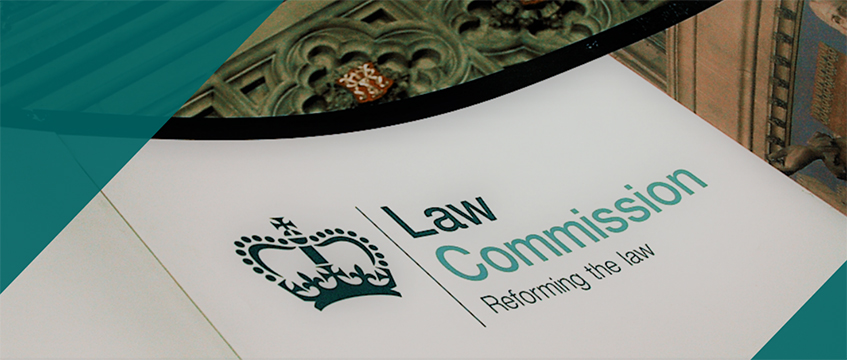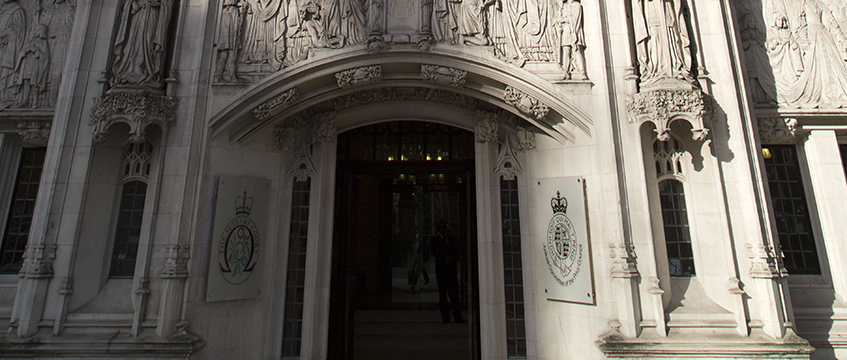Party Wall etc Act 1996 – Surveyors’ award – Validity – Defendants serving defective party wall notice – Claimant not disputing validity of notice but appointing surveyor – Surveyor raising query regarding sufficiency of plans – Dispute arising over surveyor’s fees – Claimant’s surveyor appointing surveyor for defendants when defendants failing to do so – Award made as to fees – Claim for enforcement – Whether award invalidated by reason of original defective notice – Whether claimant’s surveyor entitled to act when no surveyor appointed for other side – Claim allowed
The claimant and the defendants owned adjoining residential properties that shared a party wall. The defendants wanted to extend or deepen their cellar, which required the party wall to be underpinned and deepened. In August 2008, the first defendant sent a letter, purporting to be a notice under the Party Wall etc Act 1996, to the claimant in respect of that matter and enclosed builder’s plans. The claimant instructed a surveyor, who raised issues concerning the plans The claimant sought clarification from the first defendant and was unwilling to agree to the works unless acceptable plans had been produced.
An issue arose as to the surveyor’s fees. The first defendant accepted that she should pay his reasonable costs but disputed the sum charged. Following correspondence, in February 2009, the surveyor wrote to the first defendant, stating that the claimant did not consent to the works and that a deemed dispute had therefore arisen under the Act. He indicted that he had been appointed as the claimant’s surveyor, under section 10(1) of the Act, and requested the first defendant to appoint her own surveyor, failing which the claimant would make the appointment on her behalf. The first defendant did not appoint a surveyor and, later that month, withdrew her party wall notice.
The claimant’s surveyor made a further request of the first defendant to pay his fees but she continued to dispute the amount. He appointed a surveyor on her behalf and the two surveyors agreed the amount of the fees and made an award in respect of them. This was greater than previously requested by the claimant’s surveyor, owing to the cost of carrying out the award procedure. The first defendant did not challenge the award within the prescribed 14-day period.
The claimant brought proceedings to recover the sum awarded. The defendants contended that the award was ineffective since: (i) their original party wall notice had been invalid because it contained certain deficiencies and omitted certain details; and (ii) the claimant’s surveyor had not been entitled to begin acting in respect of a dispute until a surveyor had also been appointed by the other side.
Held: The claim was allowed.
(1) The notice served by the defendants had clearly been intended to be a notice under the Act, notwithstanding its deficiencies. The claimant had not taken the point as to its invalidity and the first defendant had not realised that it was deficient or had not told the claimant about it until 2009. The claimant had waived the irregularities and the defendants had relied on that. It was too late for the defendants to argue that the notice should be set aside or that the claimant’s surveyor should not be entitled to his fees because the whole process was invalid. The notice had been intended to be, and had been treated by both parties as, a valid notice and the defendants were estopped from asserting its invalidity. It was to be regarded in law as a valid notice and, the defendants could not challenge the subsequent award on that ground.
(2) It was not necessary under the Act to appoint surveyors immediately a dispute arose; that process could be dealt with at a later stage if it proved impossible to resolve the matter. In the instant case, a dispute had arisen as to the plans and the efficacy of the design. While the claimant was waiting to be provided with further plans, it would have been pointless for the defendants to appoint their own surveyor since it was agreed that the plans were insufficient and the appointment of another surveyor would not have solved that problem. The absence of a surveyor for the defendants did not prevent the claimant’s surveyor from acting for it in the meantime. Subsequently, notice had been given of a dispute as to the fees. That notice had been served before the defendants’ notice of withdrawal. The first defendant had been asked to nominate her own surveyor to deal with that dispute and had not done so. That matter had not been within the claimant’s control but had been within the power of the defendants to deal with. The consequence of that lack of appointment under section 10(1)(a) or (b) was that section 10(4) had come into play and the claimant had been entitled to make the appointment for her. The Act did not make the entire procedure invalid merely because the claimant’s surveyor had proceeded with his work while the defendants had no surveyor. The procedure had been valid and the award was enforceable.
The claimant and the defendants appeared in person.
Sally Dobson, barrister










